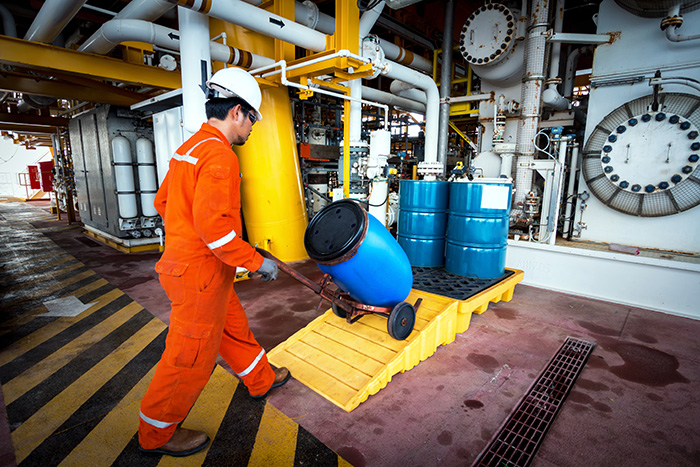
Used Cooking Oil
UCOs are oils and fats that have been used for cooking or frying in the food processing industry, restaurants, fast foods and at consumer level, in households.
UCO can originate from both vegetable and animal fats and oils; they can be collected and recycled for other uses.
It is estimated that currently around 90% of cooking oils and fat used in the EU are produced from vegetable oils, whereas in countries such as Belgium relatively much animal fats are used.
Biodiesel from Used Cooking Oil
Used cooking oil is collected, refined, and brought into various use, which is the best example of waste management. They can be refined into different types of biofuels, which are further used for power generation and heating.
Continuous rise in the biofuel demand will support the growth of cooking oil recycling during the forecast period 2017-2023. Moreover, biodiesel manufacturers are inclining towards restaurants as a source of collecting used cooking oil. This is backed up with surge in the number of restaurants and fast food joints in the market.
Additionally, increasing focus on improving animal health among customers is driving the used cooking oil market. Moreover, government regulations supporting clean energy applications will boost the market of used cooking oil.
UCO contains impurities, such as Free Fatty Acid (FFA) and water, which have to be removed before the transesterification process. In fact FFAs react with the alkaline catalyst to produce soap, which inhibits the reaction resulting in a poor biodiesel yield. An FFA content above 3.0% compromises the transesterification process. The acid and saponification values determin both the quality and the price of UCO. The FFA content of the UCO can be removed via several techniques. The water content is usually removed by heating the UCO above 100°C.
The quality of UCO as a raw material is critical for its transformation to biodiesel, since has impact in all sequential stages, so the collection process is crucial for the following transformation processes to biodiesel.


